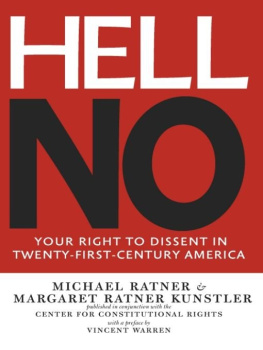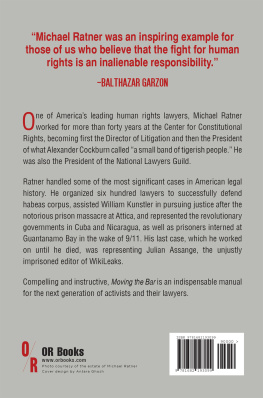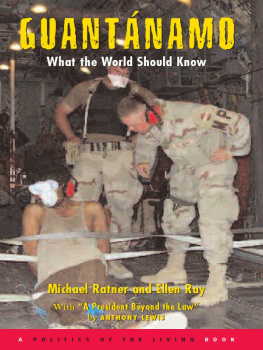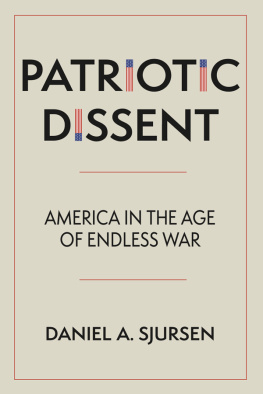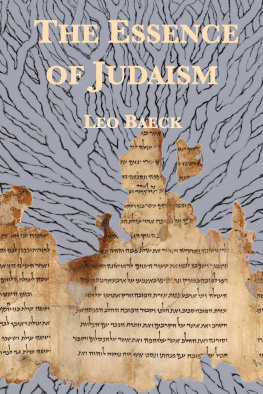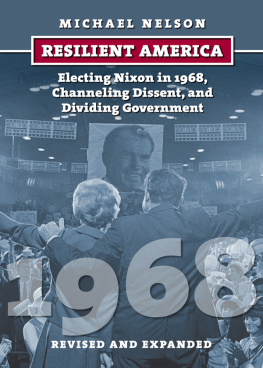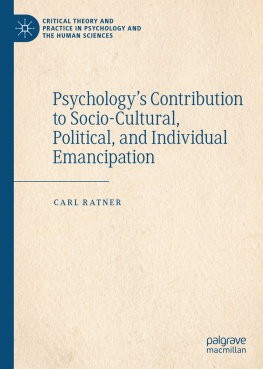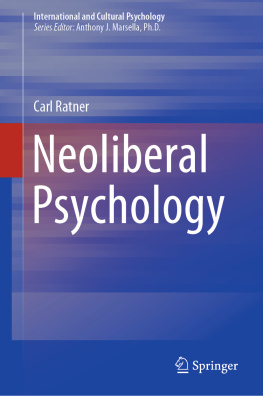Also by Michael Ratner
Killing Che: How the CIA Got Away with Murder
(co-author with Michael Smith)
The Trial of Donald Rumsfeld: A Prosecution by Book
Guantnamo: What the World Should Know
(co-author with Ellen Ray)
The Pinochet Papers:
The Case of Augusto Pinochet in Spain and Britain
(co-editor with Reed Brody)
International Human Rights Litigation in U.S. Courts
(co-author with Beth Stephens)
PREFACE
Vincent Warren
Terrorism is a word that has been used repeatedly by the executive branch since 9/11 to provide a rationale for going to war; unlawfully wiretapping, indefinitely detaining, and torturing people; and cracking down on protest and dissent in violation of the U.S. Constitution and international law. The executive branch of the governmentand I am sad to say this includes both the Bush and the Obama administrations when it comes to most of these issueshas ushered in a new era of repression, enabling law enforcement agencies to abuse their powers by targeting, detaining, and silencing political activists. History demonstrates that this type of repression is far from a new exercise for the government. However, the current national security state has a cherished and enduring ally: the collective, overpowering fear of violent terrorism and the desire for the government to keep us safe.
With the killing of Osama bin Laden in Pakistan, many are asking what the effect on our war-making foreign policy with respect to terrorism will be. That is only part of the question we should be asking. As this book makes clear, the other question is: what effect will our war-making foreign policy continue to have on our protest of that policy? I believe the answer is that unless and until the United States stops its current policy of declaring war on anyone in the world in the name of combating terrorism, people will continue to organize themselves to oppose it. And as long as people oppose antiterrorism policies, the government will use its power to label dissenters as terrorists. Finally, as long as the people remain afraid of the supposed terrorists in our midst, the activiststhose we rely on to protest illegal and unjust government activitieswill find it exceedingly hard to spread information about what the government is doing in our name.
This book outlines the work that the Center for Constitutional Rights (CCR) and many others have done to identify and combat illegal surveillance and infiltration of activists, the crackdown on protests, and the criminalization of lawful political activity. It also offers the reader a range of tools to use when that political activity piques the interest of law enforcement. It chronicles the evolution of repressive laws and tactics aimed at disempowering those who invoke our basic rights to speak, assemble, and demand redress from the government.
It also speaks to the current state of dissent and notes that, while the stakes for defending dissent couldnt be higher today, the obstacles are more difficult and more complicated. Much of the organizing occurs online and by mobile phone and computer. This makes organizing more effective for the activists, but it also makes it easier for law enforcement to spy on and disrupt the activists plans. For example, law enforcement has established Joint Terrorism Task Forces that bring together federal, state, and local law enforcement and other agencies into fusion centers. State governments are even contracting out their illegal surveillance to private companies, as was done recently in Pennsylvania, when state homeland security director James Powers hired a private company to research and distribute information about groups engaged in lawful activity.
Moreover, activists today run the very real risk of being arrested and prosecuted for their First Amendment activity under so-called material support laws, a danger made more real by the 2010 Supreme Court ruling in a Center for Constitutional Rights case, Holder v. Humanitarian Law Project (HLP). CCR challenged the material support statutes, including a portion of the USA PATRIOT Act, which make it a crime to provide supportincluding humanitarian aid, literature distribution, and peaceful political advocacyto any entity that the government has designated as a terrorist group. The Court ruled that human rights advocates providing training and assistance in the nonviolent resolution of disputes can be prosecuted as terrorists. While activists and the legal community are still trying to figure out the limits of the HLP case, it has brought a chill on protected activity. The Court has criminalized speech and given the government more power to prosecute peace activists and human rights organizations who engage with groups on the governments list even to support lawful goals.
A national security state is a difficult place to protest. Yet, without that protest, the War on Terror framework that swings indiscriminately between terrorist suspects and peace and justice activists will be with us forever. No president in history ever weakened his powers, and it is not likely to happen in the future. To the contrary, we can count on the government to fiercely resist all of our efforts to change its policies, make it more transparent, and hold its officials accountable for the crimes they have committed. As a result, there is a more urgent need than ever for people of conscience to stand up and say Hell No to war-making, torture, indefinite detention, extrajudicial killing, and racial profiling, among many activities that the government currently does with impunity. We need to say loudly and clearly that political dissent is not criminal activity, protest is not terrorism, and that the current national security state must be dismantled.
May 2011
AUTHORS NOTE
This book addresses new and increasing government limitations on the right to protest and to seek social and political change in the United Statesto examine the state of dissent in the twenty-first century. The opening section offers a broad overview of the history of dissenthighlighting instances in which it has brought about change and also those in which such dissent has been effectively suppressedwhile emphasizing the legal environment that has developed since 9/11. Today there is widespread targeting of activists by the FBI and other government agencies, and this section offers an attempt to document surveillance and disruption of protest, often carried out under the guise of investigating supposed domestic terrorism.
The next section explains some of what can be done in response. It offers hands-on advice for dissenters, activists, and protesters engaged in the issues facing the country today. It provides concrete suggestions for dealing with police and FBI actions ranging from street encounters to spying, infiltration, grand jury subpoenas, and the execution of search warrants. Special features focus on electronic communications, issues faced by noncitizens, and international travel. It is meant to serve as a guide to help organizations and activists be fully informed and protected in the event of government interference with protest, activism, and dissent. This section is provided for informational purposes and does not constitute legal advice. Our aim is to provide a general description of the legal and practical issues that progressive or radical activists may face, with the understanding that each persons circumstances are unique, and minor factual differences may result in different answers to the questions presented in this segment of the book. It is important to remember that different states have different lawsso it is a good idea to learn the laws of your state and to have access to a lawyer who is familiar with them. Finally, the book concludes with a reprint of the 2008 Mukasey FBI guidelines, which regulate the governments response to dissent in the twenty-first century.


